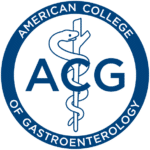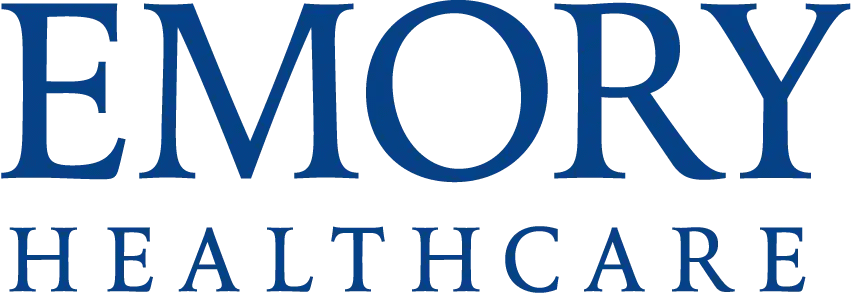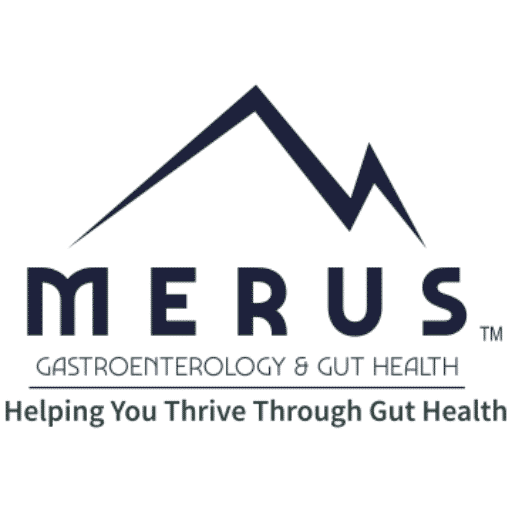GERD Services
Are you in John’s Creek, GA, and experiencing symptoms of gastroesophageal reflux disease (GERD)? At our gastroenterology clinic, we specialize in diagnosing and treating GERD to help you find relief from symptoms and improve your quality of life.
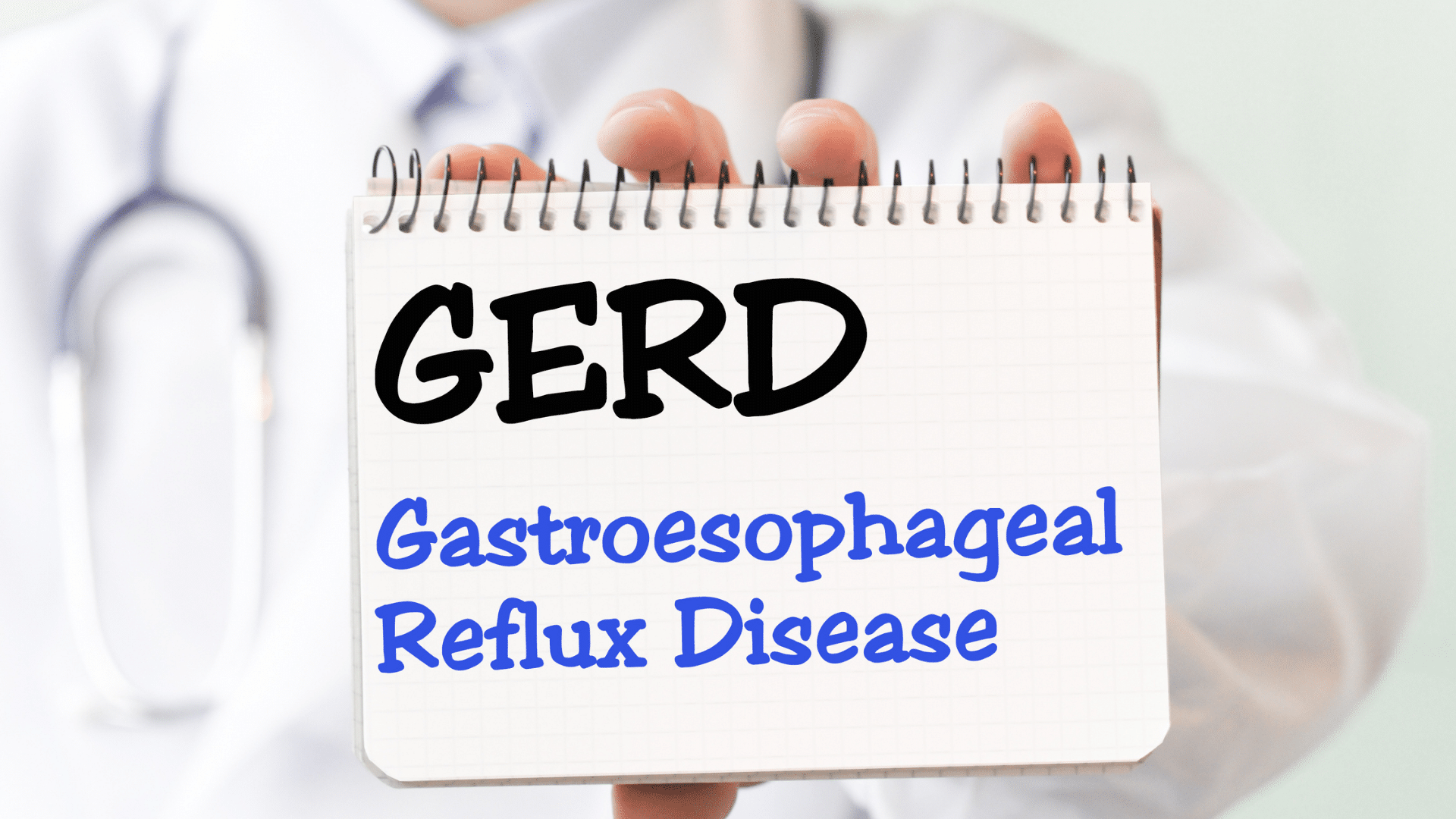
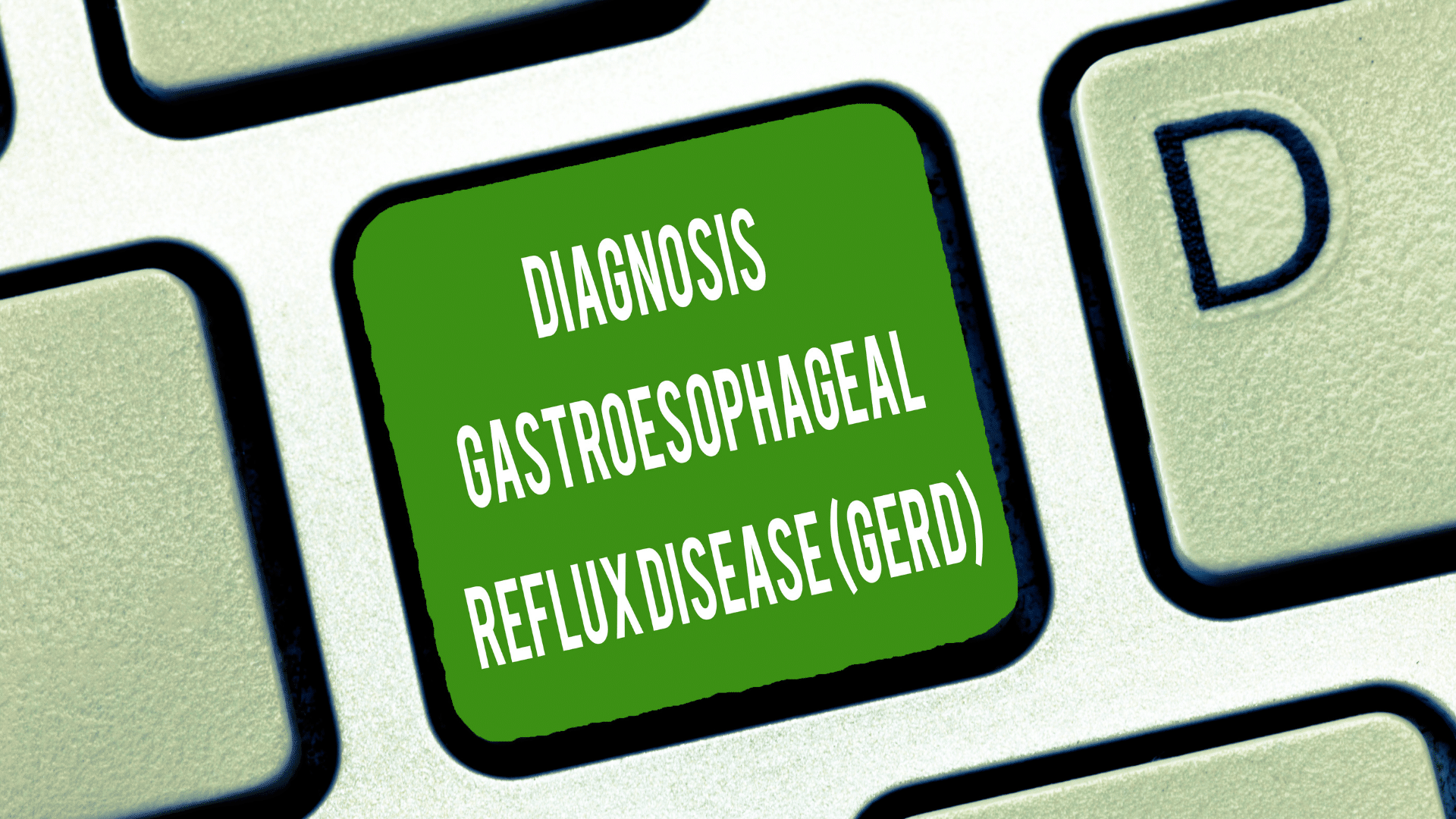
Understanding GERD
GERD is a chronic digestive disorder characterized by the reflux of stomach acid into the esophagus, causing irritation and inflammation of the esophageal lining. Common symptoms of GERD include heartburn, regurgitation, chest pain, difficulty swallowing, and a sour taste in the mouth. If left untreated, GERD can lead to complications such as esophageal ulcers, strictures, and Barrett’s esophagus.
Symptoms of GERD
Symptoms of GERD can vary in severity and may include:
- Heartburn: A burning sensation in the chest that often worsens after eating or lying down.
- Regurgitation: The sensation of stomach contents, including acid and food, rising into the throat or mouth.
- Chest pain: Discomfort or pain in the chest, often mistaken for a heart attack.
- Difficulty swallowing: A feeling of food sticking in the throat or chest.
- Sour taste in the mouth: A bitter or acidic taste that may occur after eating or when lying down.
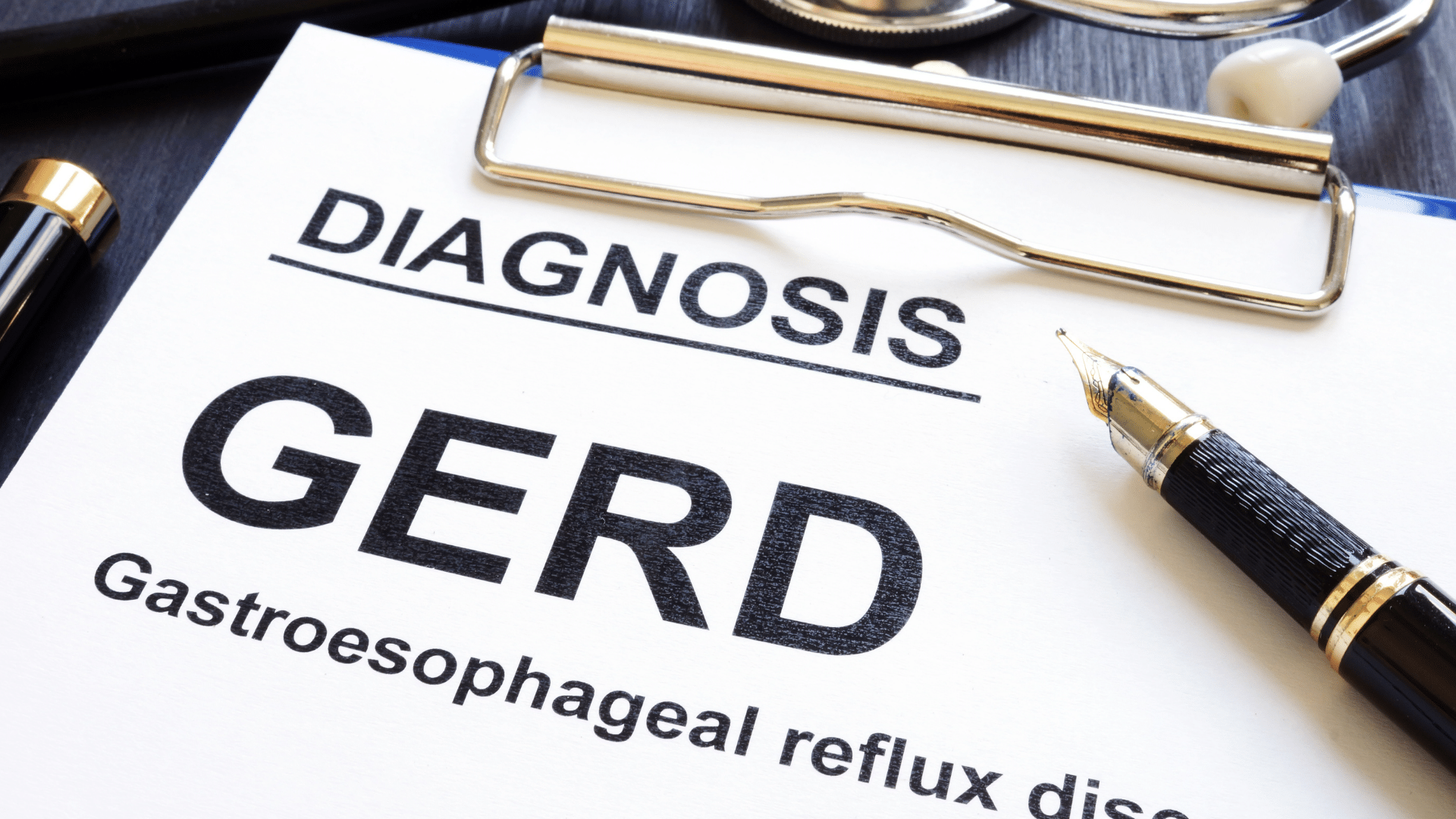
Treatment Options
Treatment for GERD aims to alleviate symptoms, heal esophageal damage, and prevent complications. Treatment options may include lifestyle modifications, such as dietary changes and weight management, medications to reduce stomach acid production or improve esophageal motility, and in severe cases, surgical intervention.

